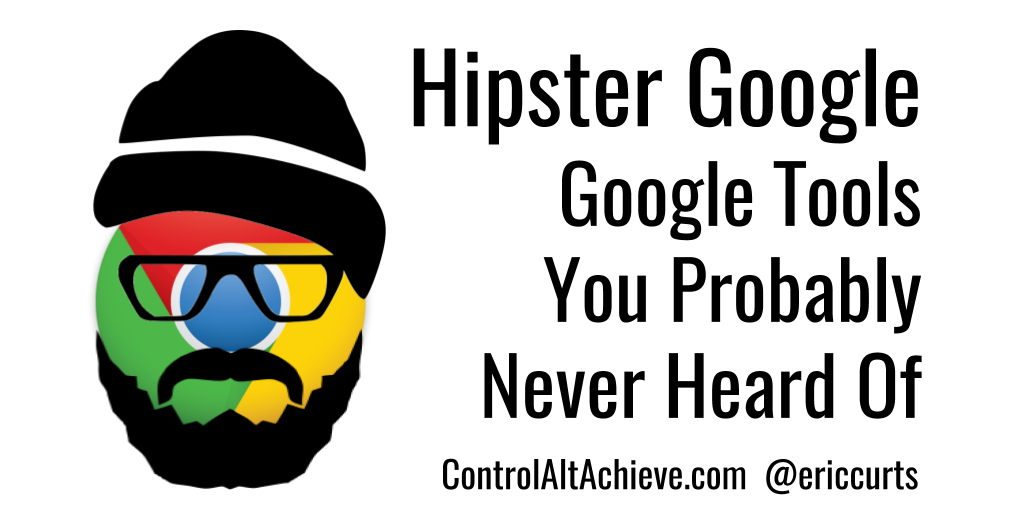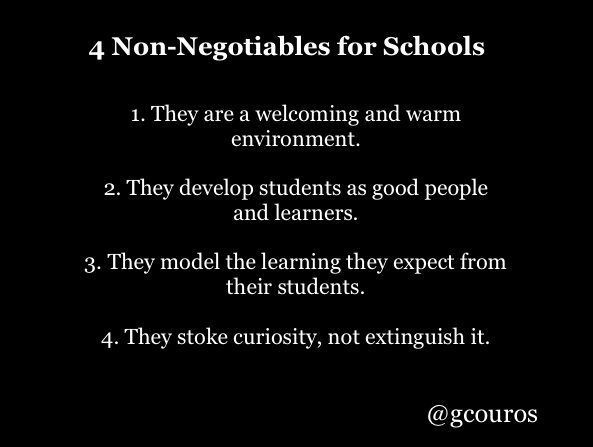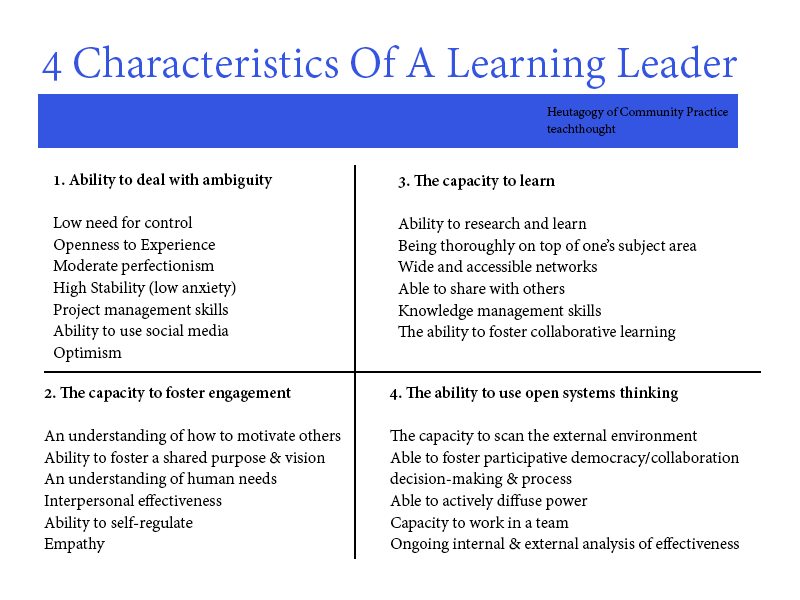MSM 380: Chock full of Advisory Goodness!
Jokes You Can Use:
Remember: Iceland is one sea away from Ireland.
I never make the same mistake twice. I make it 5-6 times, just to be sure.
What kind of music do planets like?
Where can you buy chicken broth in bulk?
How do you tell if a vampire is sick?
- Depends on his coffin.
What did the turtle tell the police officer after being mugged by snails?
- I’m not sure what happened, it all happened so fast.
A man is walking in a graveyard when he hears the Third Symphony played backward. When it’s over, the Second Symphony starts playing, also backward, and then the First. “What’s going on?” he asks a cemetery worker.
Advisory:
Google Doodle Challenge
This year’s contest is open for online and mailed entries until March 2, 2018 at 8:00pm PST.
https://doodles.google.com/d4g/how-it-works.html
https://doodles.google.com/d4g/faq.html
The Hazards of Decision Overload
https://health.usnews.com/wellness/mind/articles/2017-03-15/the-hazards-of-decision-overload
Happiness Packets
https://www.happinesspackets.io/archive/
Rockhurst senior who built prosthetic arm for metro boy now going to teach other
kids how to do it too
Middle School Science Minute
by Dave Bydlowski (k12science or davidbydlowski@mac.com)
Lifelong Kindergarten – Part 2
This is the second in a seven part podcast series on the book, “Lifelong Kindergarten,” written by Mitchel Resnick.
This second podcast focuses in on chapter one in the book, “Creative Learning.” In chapter one, Mitchel asks the central question of the book – “How can we help young people develop as creative thinkers so that they’re prepared for life in this ever-changing world?”
From the Twitterverse:
Thomas Guskey @tguskey Jan 22
After responding today to nearly 20 requests for names of schools that “are already doing it,” this may bear repeating. Our approach too often is: “Before doing what strong evidence shows is better for kids, I’d like to talk to others who have already done it just to be sure.”
#FlashbackFriday Building Foundations #4OCF @bbray27 @chrisp16 @atkauffman @agratitudegirl @mgcjusa @LeeAraoz @RobSahliAP @nbartley6 @girlworld4 @DavidGeurin @MathDenisNJ @iruntech @aaron_hogan @MuziLearningLab @cradisch_wc @burgessdave @KleinErin @mlarson_nj @tinamonte
Bob Harrison @dbntechcoach Jan 25
The Evolution of Classroom Technology

Heather Wolpert-G. @tweenteacher 21h21 hours ago
PBL Secret Sauce #1:The Entry Level Event – 1st in a series of videos sharing day-to-day PBL http://tweenteacher.com/2017/09/19/pbl-secret-sauce-the-entry-level-event/ … #pbl @BIEpbl

If you missed my “Hipster Google” session at #FETC this morning you can get all the resources (minus my live witty banter) at: http://www.controlaltachieve.com/2017/03/hipster-google.html … #edtech

Mike Rohde @rohdesign 15 Jun 2017
HOW Design Live 2017 Sketchnote Master Class audio & slides! Audio (MP3) – …http://media2.fwpublications.com.s3.amazonaws.com/HOW/HDL2016/2017/Audio/Mike%20Rohde.mp3 … Slides (PDF) – …http://media2.fwpublications.com.s3.amazonaws.com/HOW/HDL2016/2017/PDFs/Tuesday_RohdeMike_HOW-Sketchnote-Masterclass.pdf …
#mschat every Thursday at 8:00 pm Eastern Standard Time. And as Troy says, “The Twitter never stops!”
Strategies:
Read Alouds
Moss believes the strategic use of read alouds can help students achieve many of the goals of the standards, but she cautions: “Don’t wreck the read aloud with too many instructional interruptions.” Keep it simple and fun.
She’s found that starting class with a read aloud, followed by 10 minutes to write in journals, provides a predictable structure that helps kids settle into the day’s lesson. Having a set process also prevents the read aloud from getting scrapped because of time constraints.
…wanted to give their students, a large portion of whom are ELLs, more tools to discuss the high-level ideas within the texts they were reading. The questions and cues teachers had been using during the read aloud, however, focused students on literal comprehension, which, in turn, reinforced low expectations for student thinking. It also drained the life out of the read aloud. “What’s the conversation in a good book club? Rarely is it recounting what happened in the book,” says Friedman.
Silent Day
Paul shared a paragraph from his book on the concept of something he called “Silent Day,” a day where the teacher is silent, but the students are not.
https://www.teamolson.us/home/why-silent-day
Resources:
Countable
Google Safety Center
For Families:
Learn about Google safety tools designed to help you manage the security and privacy of your personal data.
For Everyone:
Help your family build good online safety habits with tools from Google and advice from our family safety partners.
https://www.google.com/safetycenter/
Econ Low Down
Poor No More
“Peter Cove has the standard background for a social justice warrior—grew up in Massachusetts, B.A. in sociology from Northeastern University, graduate work at the University of Wisconsin, New York City government jobs, Community Action Agency in Boston, Manpower Assistance Project consultant, New World Foundation program officer. After holding key posts in New York City municipal government, he worked for the Community Action Agency in Boston, where he developed grassroots health, housing, and education programs.
He did his share of the spending of $20 trillion on poverty programs since 1964, but at some point he recognized a pattern: “I saw with my own eyes the value of work—any kind of paid work—in reducing welfare dependency and attacking poverty. I learned that if we helped welfare clients get jobs, even entry-level jobs, they would then attend to their other needs. … Work demonstrates that behavior has consequences. And it allows people to feel the pride and self-respect that come with supporting their spouses and children.”
Poor No More has many specific examples of how real change occurs. Here’s one: “When some mothers on welfare came to us, they often explained that they could not work because they had no day care. We would still send them on a job interview, and when the company wanted to hire them, miraculously, they found a grandmother or daycare center. Childcare wasn’t ultimately the problem— it was their insecurity about being worth anything in the private marketplace. Once they were offered a job, all the barriers to work fell away. By contrast, if the government continued giving them money and other benefits, they were likely to remain dependent.”
-Marvin Olasky
Web Spotlight:
2017 Education Research Highlights
- PRACTICE TESTING, PLANNING TOP LIST OF EFFECTIVE STUDYING STRATEGIES
- NEW TEACHERS—AND THEIR STUDENTS—BENEFIT FROM MENTORS
- CLICKERS BOOST FACT RETENTION, BUT CAN IMPEDE DEEPER LEARNING
- DON’T DROP FINGER COUNTING FOR YOUNG CHILDREN TOO SOON
- THE IMPORTANCE OF SOCIAL AND EMOTIONAL LEARNING
- REFLECTIVE WRITING EXERCISES CAN IMPROVE STUDENT OUTCOMES
- TEXT MESSAGING CAN BOOST GRADES AND ATTENDANCE
- THE DEBATE ON ACADEMICS VS. PLAY IN PRESCHOOL CONTINUES
https://www.edutopia.org/article/2017-education-research-highlights
Random Thoughts . . .
Click the Play button below to listen to the show!
Podcast: Play in new window | Download














You must be logged in to post a comment.